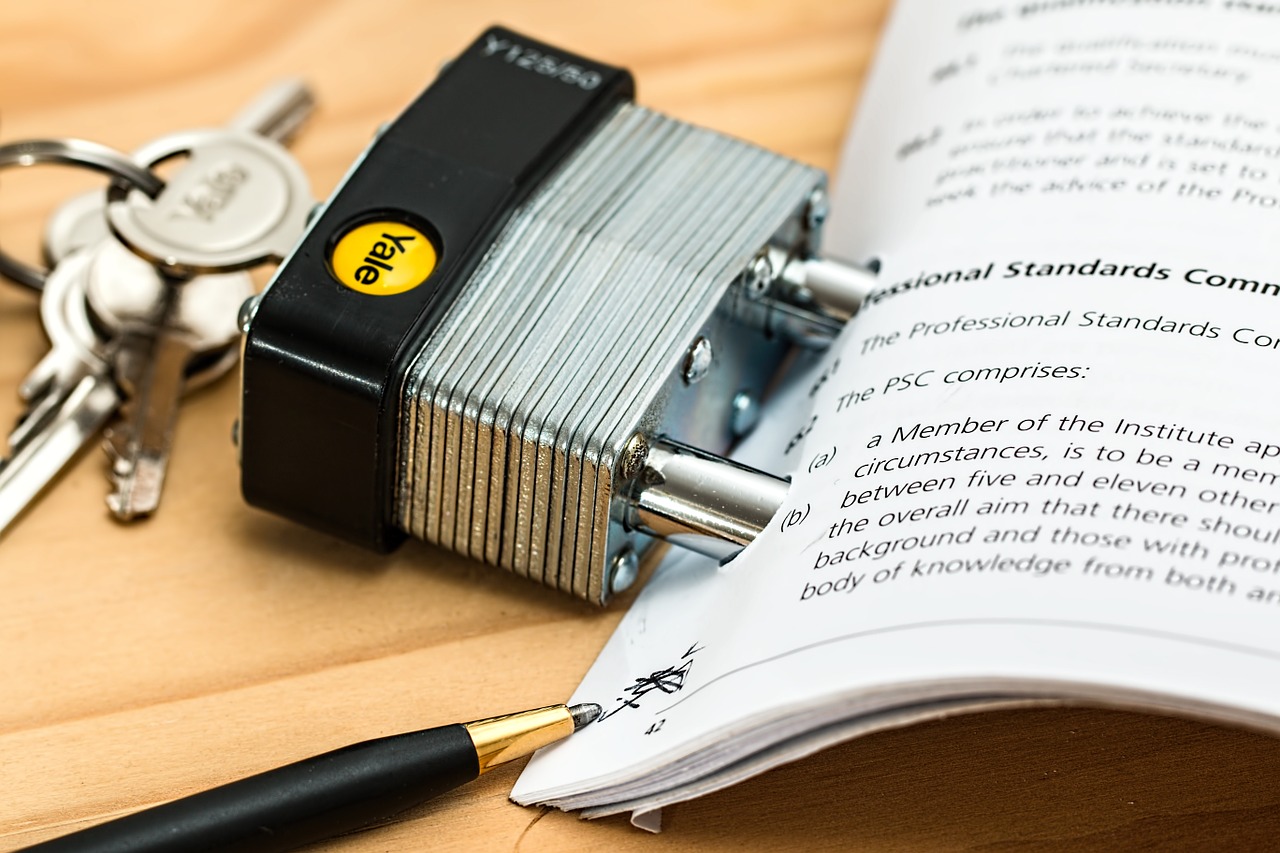As a consumer, you’ve probably noticed companies mention that they are bonded, licensed, and insured. Licensed and insured are pretty much self-explanatory, but most people take the “bonded” part in stride and do not even wonder what it is.
As an entrepreneur, bonds are something that you have to learn about real quick when you open a small business and find out that you have to be bonded in order to be able to work.
This brief guide outlines one of the most common types of bonds—surety bonds.
Surety Bonds 101
A surety bond is a type of a contract that involves three different parties. The small business (company or professional) is the principal; the customer is the obligee, and the company that will issue the bond is the surety.
The basic principle is that the obligee needs to have something done and wants to make sure the principal will do the job according to certain standards, laws, and regulations. The fact that the surety has issued the bond to the principal means that they guarantee the execution of the job. If something goes wrong, the surety pays the obligee and the principal then pays the surety.
In essence, surety bonds protect the customer because the surety will reimburse them if the business does not do the job properly.
Surety Bond Types
There are three main types of surety bonds, including contract surety bonds, business service bonds, and commercial surety bonds.
Contract surety bonds are frequently used in the construction business. More precisely, they are almost always required when any branch of government, whether it is local, state, or federal, awards projects to a construction company.
Contract surety bonds are divided into bid, payment, performance, and maintenance bonds.
The state usually requires commercial surety bonds as proof that a company will be providing their services according to laws and regulations, as well as adhering to certain standards. Among businesses that typically require these bonds are plumbers, electricians, brokers, insurance agents, car dealers, and mortgage agents. Elected officials like judges, commissioners, and treasurers are also required to obtain commercial surety bonds that guarantee their incorruptibility.
Business service bonds protect customers from having their belongings stolen by companies who have access to their homes or businesses. For instance, if you run a home health care business, you will need to get one of these bonds so that your clients are protected in case one of your employees steals something from their home.
Surety Bonds from a Business Owner’s Perspective
Do not be fooled; surety bonds are meant to protect the customer. They are another way of making sure that you as a business owner will do everything in your power to provide proper service.
That said, surety bonds can also protect a business owner, mostly from false claims. Namely, when an obligee (customer) makes a claim, it is your surety that will challenge the claim using their lawyers and their experience. Much like insurance companies, sureties will be protecting their assets and they will not let any false claims cost them money, which, in turn, means also protecting the business owner from false claims.
Furthermore, surety bonds are cheaper than the most common alternative, the Irrevocable Letter of Credit. Finally, surety bonds separate proper businesses from those who operate unregulated and drive down prices.
How Much Do Surety Bonds Cost?
There are so many different types and subtypes of surety bonds out there that we simply cannot cover all the information about the costs of surety bonds in this post. Instead, you will want to take a look at this great interactive infographic on surety bond costs to find out everything you will ever need to know.
Closing Word
Surety bonds are an integral part of the business world. For customers, they provide great added protection from unconscientious service providers. As a business owner, you simply have to be bonded if you wish to be competitive and land the best jobs.
Guest Author Bio:
James D. Burbank is the editor-in-chief of BizzMarkBlog, a business blog he runs with a few friends. He is always ready to help SMB owners run their companies more successfully by sharing his insights and advice.

